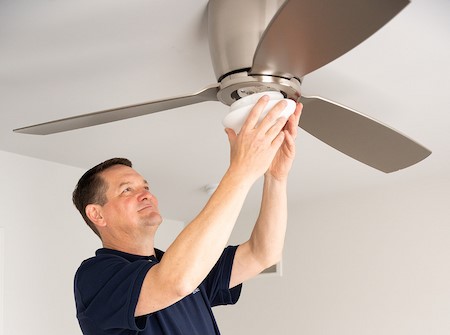
Should You Get An Electrical Inspection?

You know that when buying a home, a property inspection is vital. But what about an electrical inspection?
According to the Electrical Safety Foundation International, a separate and comprehensive electrical inspection is necessary for many home purchases. The Foundation is a nonprofit organization that promotes electrical safety. They recommend that any Pennsylvania home that is over 40 years old has had major renovation or major appliances added over ten years ago, or is changing owners receive an electrical inspection.
Your standard home inspection will inspect the property for structural defects, as well as plumbing, electrical, and mechanical problems. You should always have a property inspected before closing. It saves you from discovering costly surprises after your name is on the deed. But keep in mind that the property inspection is a surface inspection. Light switches will be flipped. Wiring in the attic will be looked at. But you should have someone look a little bit further.
What does your electrical inspection mean? It means that someone has checked for loose-fitting outlets, assessed the fuse boxes, and reviewed the circuit breakers. Everything electrical is tested and double-checked.
Why should you bother? Electricity is a powerful force that leads to another powerful force — fire. There are more than 165,000 electrical-related home fires in any given year. On average, 900 people lose their lives to these fires each year.
Think about it. When was the last time you checked your electric system? Do you check for frayed or overheated cords? Do you feel your outlets for heat? Do you take care of overloaded circuits? Do you put too high of wattage light bulbs into your lights? Even if you answered yes, the chances are slim that the seller would. For example, in our recent purchase, a major wiring problem skipped both our and our inspector’s attention. If we had an electrical inspection, the problem would have been caught.
Just like a property inspection, join the electrician on the tour of your property. Ask questions and have him explain what he is checking and why. The information can help you in the maintenance of your home’s electrical system. For example, how many of us know why a breaker keeps flipping and what we should do about it. If you plan on making changes to the home, such as adding a hot tub or other major appliance, talk about it with the inspector. He or she could offer helpful advice and tips.
Keep in mind that electricity isn’t something to play around with. You shouldn’t use 100-watt bulbs in a 40-watt fixture. Don’t run extension cords heavily all over your home. Check your smoke detectors and replace their batteries regularly. Have your home inspected and prevent any problems before they have a chance to catch a spark.